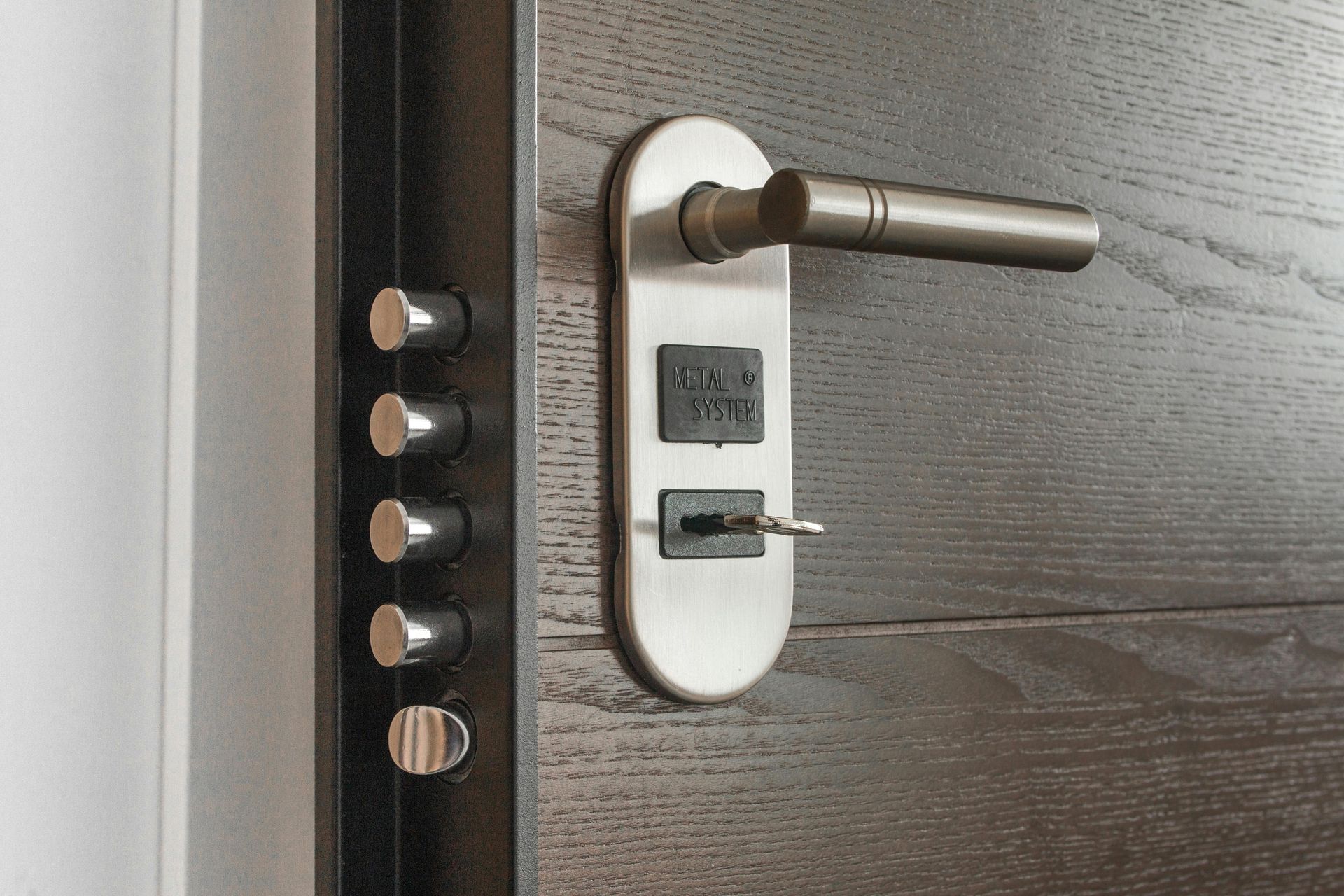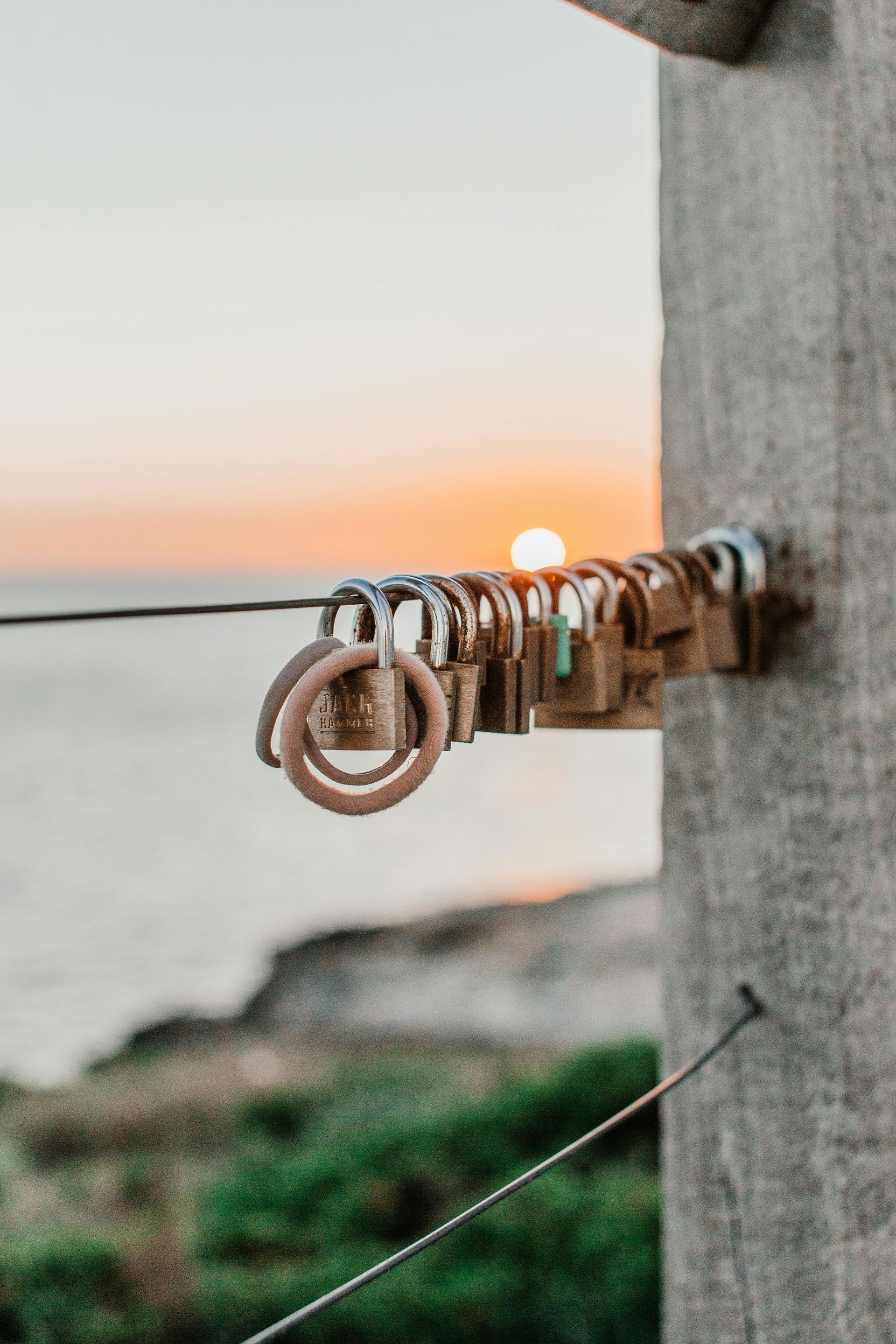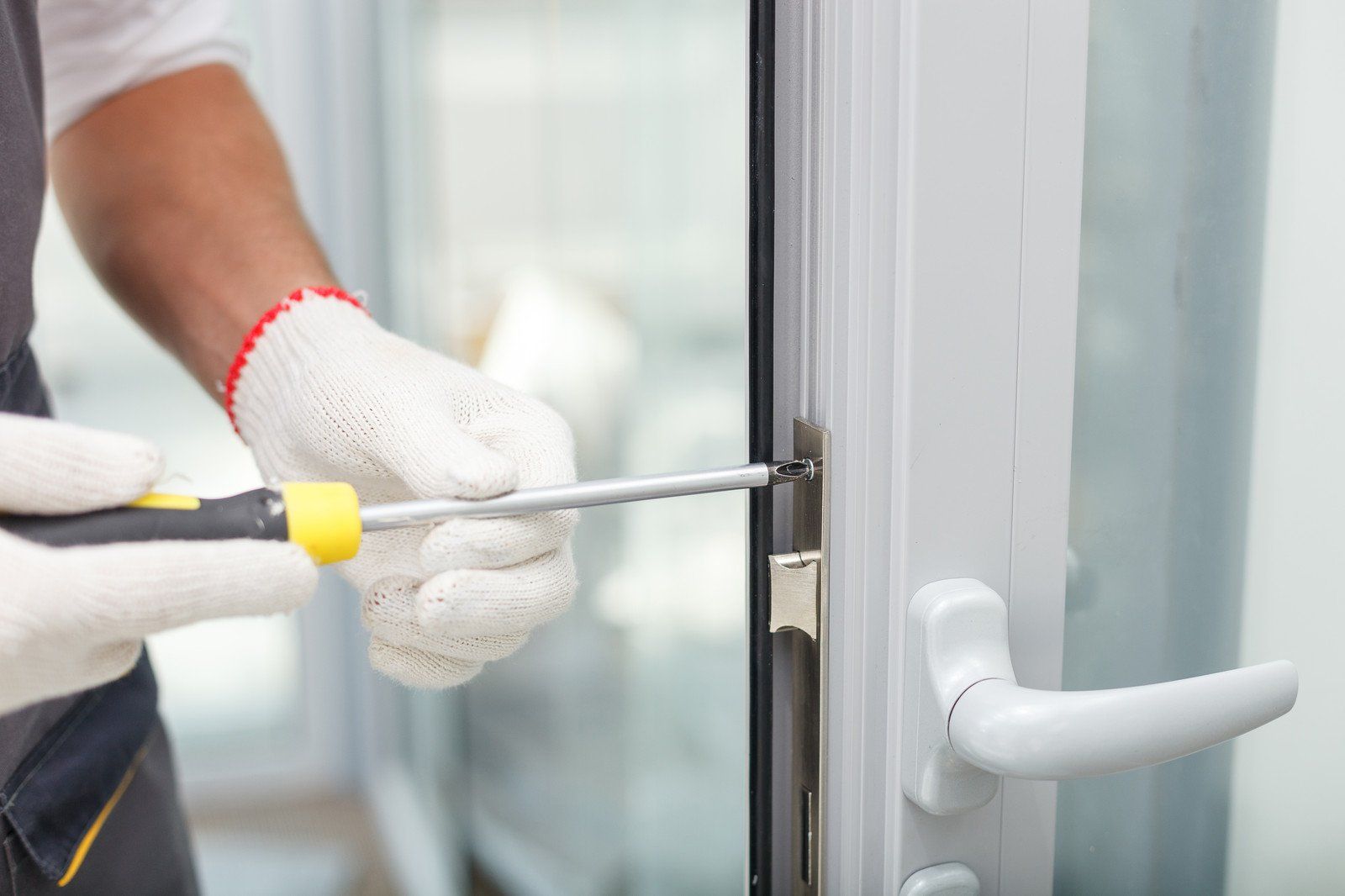




First lock found
First models of wooden keys and locks
originate from Ancient Egypt, where they managed to take advantage of gravity and the technique of falling pins to control the movement of the security bolt. The bolt could be freed from locked position by inserting a large and cumbersome wooden key into the lock, and manually lifting it upwards, displacing the pins that were held down by gravity. The best they could do was add fake holes to confuse would be trespassers. Roman age introduced many improvements upon original Egyptian designs due to their superior blacksmithing skills, but the expensive nature of the locks, their inability to sustain large external forces and easy picking made them all but useless in terms of security and turned into a way of flaunting wealth, influence and nobility. Small keys made from metals (iron, bronze, silver, gold) were often viewed as one of the most effective ways of publicly showing your wealth.
First high security lock
in London
The first known high security lock
to have been designed and used was the Bramah Lock. This was designed and created by Joseph Bramah in London after a receiving a patent for it in 1784. In the same year he started the Bramah Locks company at 124 Piccadilly, London.
After he invented his lock and until 1851 in fact was the only time in history where there existed a lock that gave people complete confidence in security. In 1851 Alfred Charles Hobb became the first man to pick both the Chubb Detector lock (Jeremiah Chubb developed a four-lever lock that when picked or opened with the wrong key would stop working until a special key was used to reset it) and the Bramah lock. The chub detector lock was picked in 25 minutes, the Bramah lock however took him 52 hours over the course of 14 days.
Thus ended the short but wonderful period where people could have the feeling of "Perfect Security"
Modern locks
Linus Yale Jr. (April 4, 1821 – December 25, 1868) was an American mechanical engineer, manufacturer, and co-founder of the Yale lock manufacturing company. He is best known for his inventions of locks, especially the cylinder lock. His basic lock design is still widely distributed today, and constitute a majority of personal locks and safes." Yale locks
" became the generic term in the United Kingdom for pin tumbler household locks and keys and pin tumbler locks are the most common locks, many various types based on the same original idea from Linus Yale Jr.
Gaining the skills to become a locksmith
As we say each time we are asked, "how long did it take you to become a locksmith" - The actual training will vary from 5 days to 6 months depending on previous experience with joinery/ carpentry or locks, or if you are someone with good dexterity/electronic/mechanical skills. However you never stop learning.
It can take up to around 3-4 years to become a fully competent locksmith . There are constantly new locks arriving on the market, there are constantly new situations or locations that will require a lock that are so rare even after 5 years there hasn't been a job like. In situations like this, experience is key, the more experience a locksmith gains, the better he will become, provided he was any good to begin with of course.




